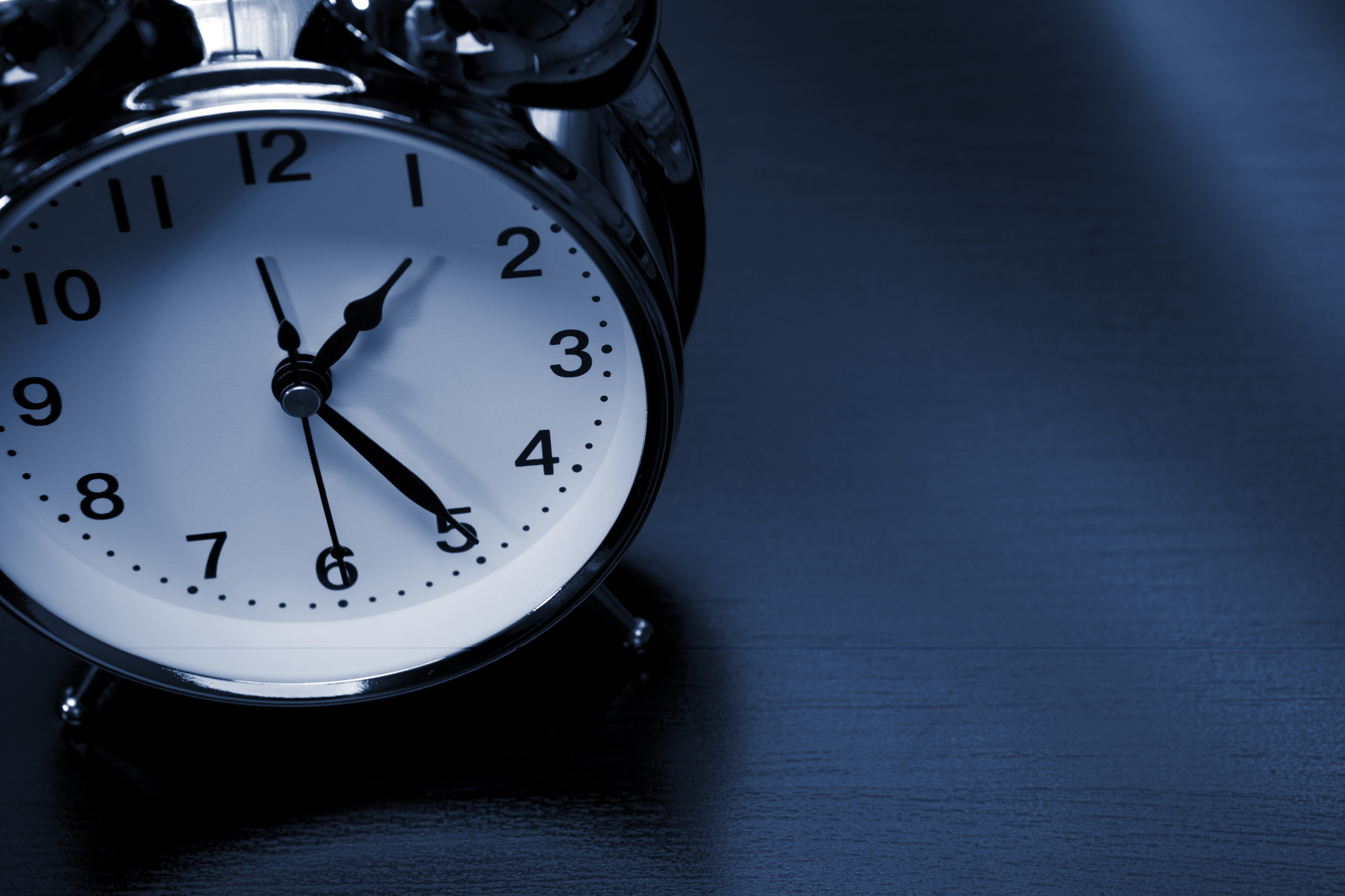Weekends available, certain insurances are accepted.
Telehealth Sessions Available Now.
Office visits available in Cupertino, California.
Schedule a free 15 minute consultation to learn more, click here.
Insomnia Assessment/Brief Consultation
1-2 sessions to assess for insomnia and other potential needs. Use questionnaires for assessment and providing information (and addressing misconceptions) about sleep. Resources and recommendations for further help.
2. Cognitive Behavioral Therapy for Insomnia (CBT-I)
CBT-I is evidenced based therapy that addresses misconceptions about sleep and helps you acquire new sleep habits. The goal is to sleep through the night and preventing chronic insomnia from relapsing over the long term in 4-8 sessions.
WHY CBT-I AT BEHAVIORAL SLEEP CENTER?
There are many forms of CBT-I, but here are the reasons you should choose CBT-I at Behavioral Sleep Center:
Sleep Efficiency Training, not all practitioners who treat insomnia provide this behavioral intervention.
Evidenced-based cognitive behavioral therapy (CBT-I) standardized at the University of Pennsylvania Perelman School of Medicine
Standardized CBT-I has a treatment response rate of 60%. Of those who responded to CBT-I, 65% attained remission even after treatment has been discontinued (Posner, D., 2017)
Strong evidence of CBT-I’s effectiveness in other sleep problems: acute and co-morbid insomnia
Long term effectiveness without medication.
4-8 SESSIONS TYPICALLY INCLUDES:
Initial Clinical Interview
Sleep Assessment and Questionnaires
Sleep Tracking with Diaries
Discussion of treatment options
CBT-I Interventions (Sleep Efficiency Training and other Treatments)
Relapse Prevention
3. Higher Level Wellness for Sleep
Find your sleep number.
CBT-I treatment adapted towards wellness, optimizing sleep and solidifying skills in preventing relapse of chronic insomnia.
My experience and work mostly addresses the sleep concerns of Silicon Valley Professionals. A majority of those helped have worked at companies such as Google and Apple.
Interventions are individualized, uses data, and incorporates the science of sleep.
Most of the time, and if appropriate, CBT-I can be an alternative to medication.
Cognitive Behavioral Therapy for Insomnia (CBT-I)
Use the best available science about sleep and our brain to leverage more efficient and effective sleep habits while improving the match between your unique sleep need and sleep opportunity.
Trying too hard to sleep can increase frustration and worsen sleep. Simply sleeping more or cutting caffeine is often not enough.


